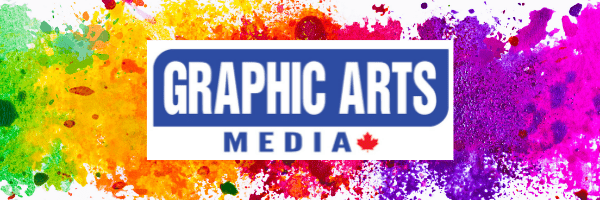Finding and implementing a new Management Information System (MIS) is a long-term investment in your business. It’s a costly undertaking – even if you’re Quebec-based and can take advantage of the recent Quebec budget announcement that there will be new funding support for qualifying MIS projects through Investissement Quebec (see my April, 2016 column).
Most businesses are frustrated with their existing systems. Information is not easily accessible, reports that should balance don’t, information is missing, changes made to a report are time-consuming and costly – and why does every manager need their own spreadsheet to analyze the same company information? These are just a few of the complaints that are often voiced.
There could be many causes, and the solution is not necessarily the implementation of a new system. Like every other business decision you make, replacing your MIS needs to be done based on quantifiable data, not anecdotal examples of deficiencies.
Accessing your current system
To accurately measure the status of your existing computer system, you need to analyze the following:
What are the real problems with my existing system?
Am I losing business because of them?
What additional labour costs am I incurring due to system workarounds, like off-line spreadsheets, reports or desktop databases (like MS Access)?
How vulnerable am I to human errors?
How dependant is my business on key personnel?
Am I losing ground to my competitors because of my systems? For example, can your competitors upload necessary artwork while you cannot?
Is your sensitive information secure in your existing system?
Is your system hampering your ability to provide better customer service, and thereby retain good customers? Can it recognize repetitive issues that could jeopardize your relationship with your customers?
The results of your assessment should lead you to one of two possible conclusions: either your system needs replacing, or will very soon, or, if your transactional data within your system is reliable, you simply need better access to it.
Data manipulation tools
While there are currently no available government funds to subsidize the cost of implementing a data manipulation tool, the costs of doing so are relatively modest compared to implementing a new MIS. Data manipulation tools are referred to as Business Intelligence Systems (BI) within the industry. The way these tools work are to access the data within your current MIS and any other systems, such as accounting, human resources, asset management, etc., and to then consolidate the data into an easily retrievable database which can be manipulated by the end user.
Things like dashboards, or interactive question-and-answer queries become possible with a BI tool. For example, your salesperson wants to know which customers haven’t ordered from you in the past four months, and your operations department wants to know how many orders were shipped late. You could ask the BI database if there is a correlation between late shipments and customer retention. One of our clients who implemented a BI system discovered that while they were an excellent supplier to their top-tier customers, they were doing a mediocre job satisfying the needs of smaller clients. Today, the business is once again growing as they continue to use their BI tool to focus on business improvements.
MIS implementation
The other possible outcome of your assessment of your current systems issues is that you will need to replace your MIS in the near to mid-term. If this is the case, don’t underestimate the work involved in this undertaking. MIS implementations continue to have higher than acceptable failure rates, and require a focused and disciplined approach to selection and implementation. As my business partner, and head of our Systems Consulting Division likes to point out, implementing an MIS is akin to climbing Mt. Everest. You wouldn’t undertake that challenge without the support of a professional Sherpa, and you shouldn’t attempt to select and implement an MIS without professional guidance. If your business is in Quebec, funding help is available when you utilize professional services. Elsewhere, the cost of this necessity must still be your responsibility.





